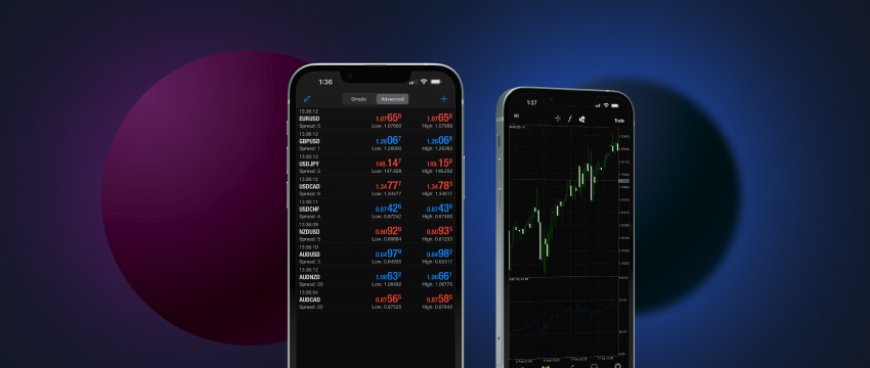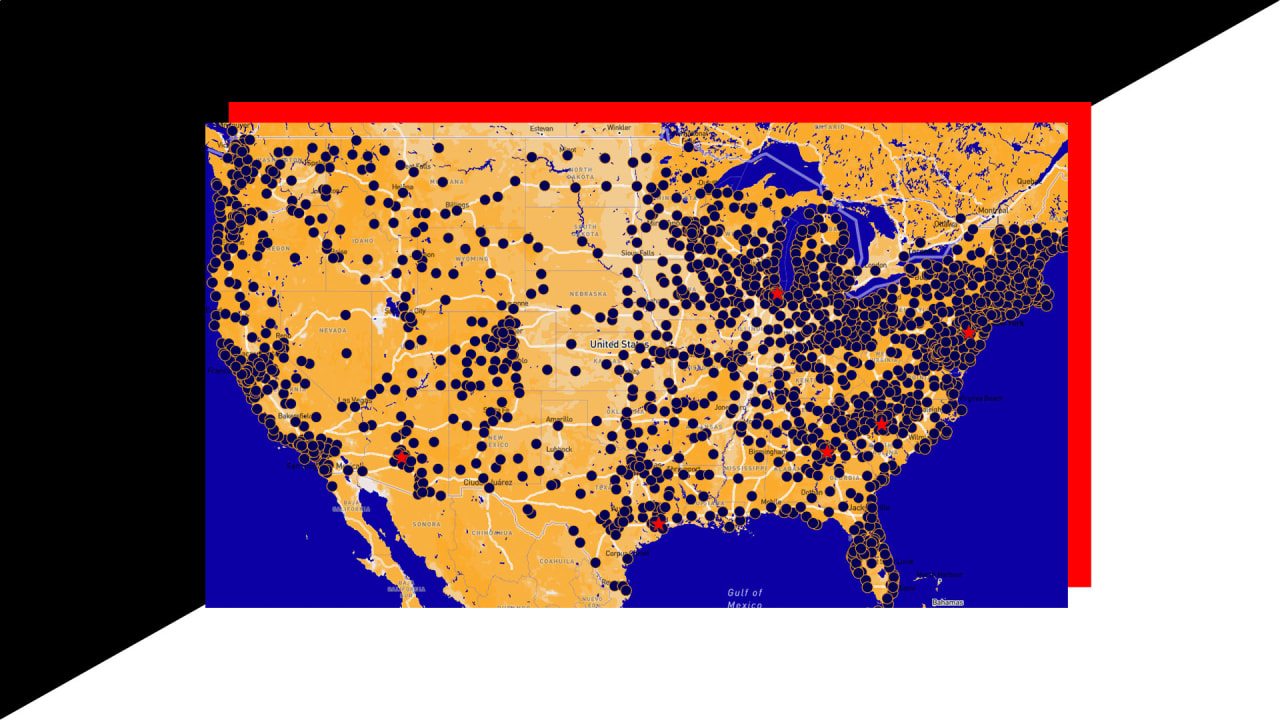Fixed vs Variable Spreads: Which Offers the Best Forex Deal?
Forex Deal

Traders often face an early decision when opening a new account, should you go with fixed spreads or variable ones? Both have their strengths, and choosing the right one depends on your strategy, market timing, and risk tolerance.
Let’s break down how each model works, what to expect in real-time conditions, and which one is more likely to offer access to the best Forex spreads.
Fixed Spreads: A Closer Look
With fixed spreads, the difference between the bid and ask remains constant, regardless of market conditions. For example, EUR/USD might always show a two-pip spread, even during news releases or late trading hours.
Advantages of fixed spreads:
- Predictability in transaction costs
- Helpful for trading during high-volatility periods
- Easier to model into risk calculations and automated systems
Limitations of fixed spreads:
- Spreads are often wider than variable ones during normal trading hours
- May be manipulated by market makers
- Execution can suffer in fast-moving markets
Fixed spread accounts are ideal for traders who want cost certainty, especially those who trade during volatile sessions and need a buffer from unexpected spread spikes.
Variable Spreads: A Real-Time Experience
Variable spreads reflect market conditions and change depending on liquidity, volume, and volatility. When the market is calm and active, these spreads are often very tight. During high-impact events or thin liquidity windows, spreads can widen.
Advantages of variable spreads:
- Usually lower average cost, especially during peak sessions
- Transparent pricing if connected to deep liquidity providers
- Closer alignment with institutional market behavior
Limitations of variable spreads:
- Harder to predict actual cost per trade
- Sudden spikes can lead to slippage if not managed carefully
- Not ideal for trading around news without a risk buffer
Variable spreads often lead to the best Forex spreads during high-liquidity periods. This makes them a popular choice for scalpers, day traders, and traders who prefer live market pricing.
Which Spread Type Is Right for You?
Ask yourself the following:
- Do you trade during news events or volatile hours? If yes, fixed spreads may offer a layer of protection.
- Do you trade during active sessions like the London or New York overlap? If yes, variable spreads will likely offer tighter, more cost-effective pricing.
- Are you scalping or entering multiple trades daily? Variable spreads with a raw account might deliver the best Forex spreads and help reduce your cost per trade.
Also consider your broker. Some brokers offer fixed spreads that are wide all day long, while others have variable spreads that stay remarkably stable even during light volatility.
There is no universal winner. Both spread types have their place. What matters most is choosing the one that aligns with your trading style and knowing how to manage risk under each model.
The best Forex spreads are not just about what looks lowest on paper, they come from reliable execution, fair pricing models, and brokers that deliver what they advertise.
Always test both on a demo account. Watch how spreads react during the times you plan to trade. That hands-on experience is the only true way to know which option gives you the best deal.





































































![https //g.co/recover for help [1-866-719-1006]](https://newsquo.com/uploads/images/202506/image_430x256_684949454da3e.jpg)


























![[PATREON EXCLUSIVE] The Power of No: How to Say It, Mean It, and Lead with It](https://tpgblog.com/wp-content/uploads/2025/06/just-say-no.jpg?#)






















































